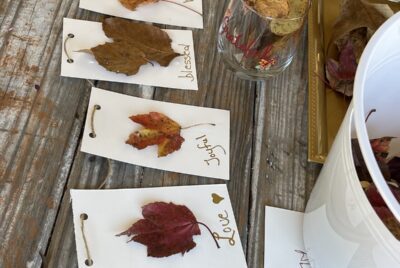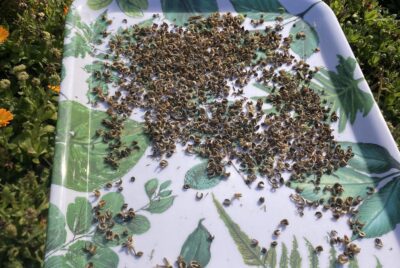RESEARCH
The School Garden: A Social and Emotional Place
Summary
This study investigates the effect of biology lessons conducted in a school garden compared to a traditional classroom setting on the social behavior and emotions of sixth-grade pupils. The researchers aimed to determine if the school garden environment could serve as a beneficial space for social learning. The study employed a quasi-experimental design using pre-test and post-test measurements, though the comparison between the school garden and classroom was treated as a comparison of teaching locations rather than a strict control group. Sixty-grade pupils, aged 11-12 years, from a cooperating school participated, with 31 girls and 22 boys included in the analysis presented. The lessons, focusing on “Plants and Soil,” alternated weekly between the school garden and the classroom over a 10-week period. The school garden lessons were specifically designed to align with the basic needs for competence, autonomy, and relatedness as described by the Self Determination Theory. Data was collected through a self-report “emotion diary” completed by pupils after each lesson and through standardized observations conducted by trained observers focused on communication and cooperation.
The findings indicated that pupils exhibited more socially competent behavior in the school garden lessons compared to classroom lessons. This was particularly evident in the categories of communication and cooperation. Furthermore, the school garden setting was associated with significantly more positive emotions and fewer negative emotions among the pupils. Positive emotions like happiness, pride, and surprise/wonder were perceived more often in the garden lessons, while negative emotions such as disgust and fear/anxiety were reported more often after classroom teaching. The reasons pupils gave for their emotions in the garden were frequently linked to experiences with gardening, plants, and animals. The study concludes that school garden lessons, particularly when designed to satisfy basic psychological needs, appear to create favorable conditions for promoting social learning and positive emotional experiences.







